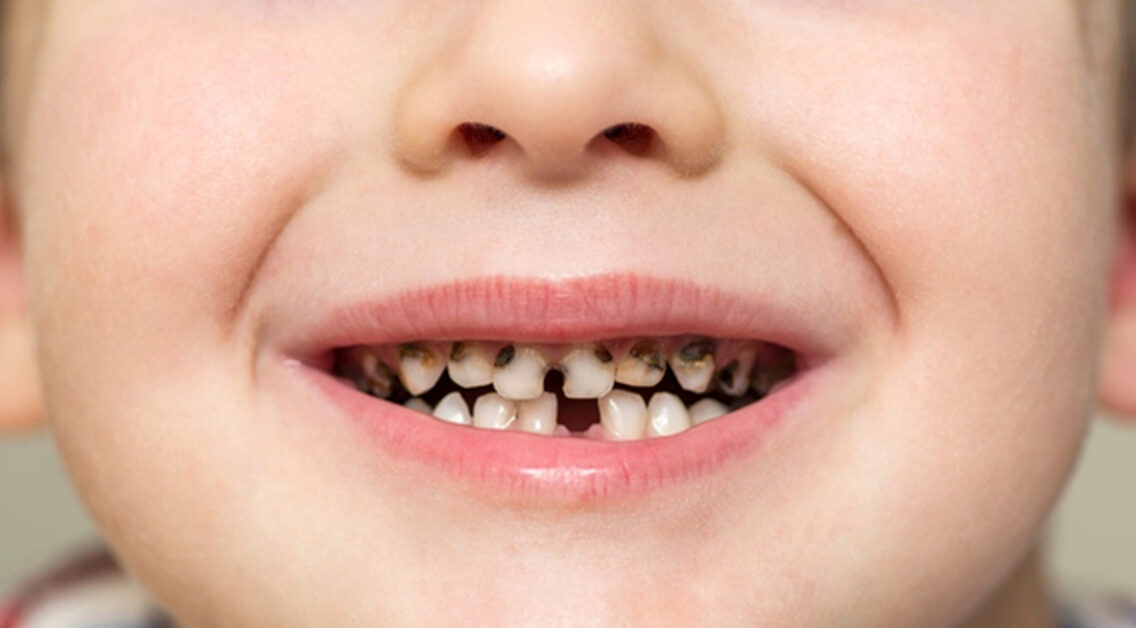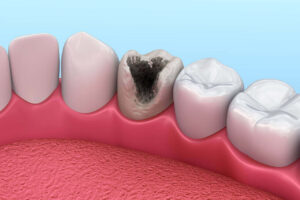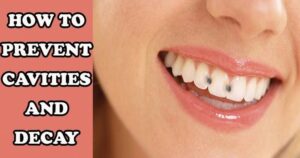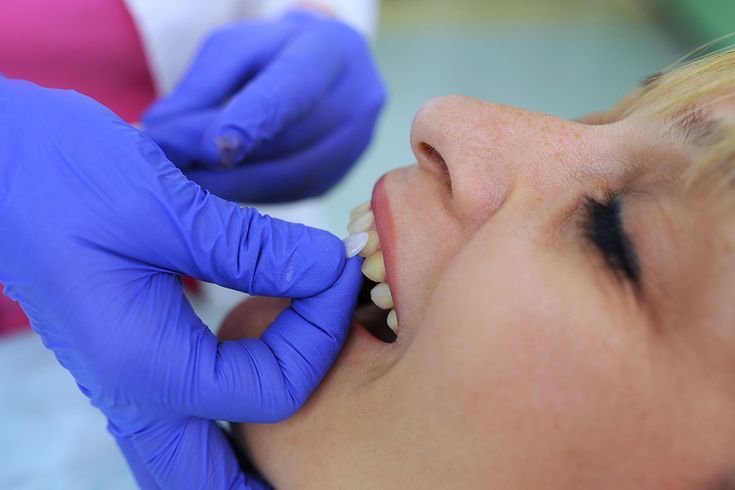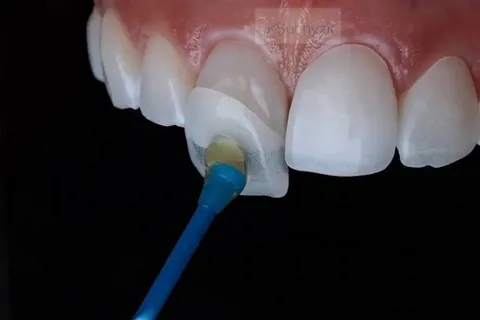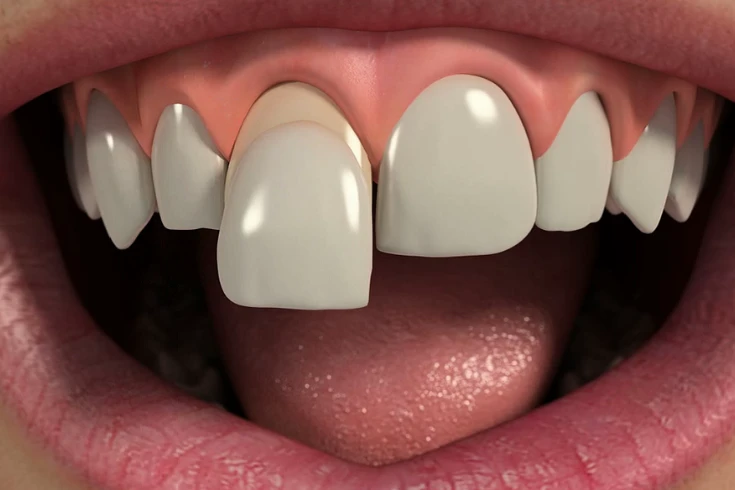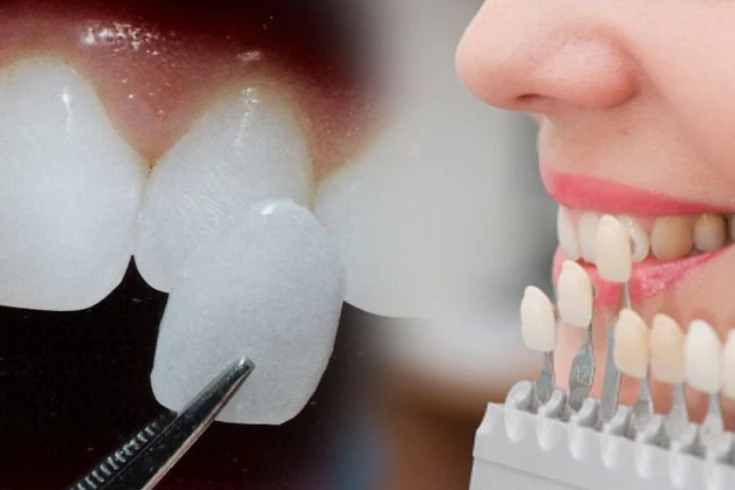Cavities are among the most common dental issues of humans around the world, irrespective of age. Though the term “cavity” sounds daunting, not all cavities are created equal. A small cavity represents early tooth decay that, if caught in time, is quite easy to treat and prevent from worsening.
This blog will discuss what a small cavity is, its causes, symptoms, treatment options, and ways to prevent it.
What is a Small Cavity?
A small cavity may be understood to be minor dentin or tooth decay that has just begun to develop. It usually involves the outermost layer of the surface, which is known as enamel. Unlike larger cavities, which dig deep into the tooth, a small cavity might not give the patient noticeable discomfort.
Hence, it is difficult to detect without a professional dental checkup. However, despite its minor appearance, early treatment of a small cavity is necessary to avoid further serious dental problems in the future.
Causes of a Small Cavity
Knowing the causes of a small cavity is significant in its prevention. There are a number of possible causes that may lead to a small cavity:
- Poor Oral Hygiene: Poor brushing and flossing of teeth may cause plaque deposition on the teeth. This will harbor the bacteria that produce acid. The acids, over time, wear away the enamel and result in the formation of cavities.
- Food and drink: Consuming foods and drinks that contain a high level of sugar and acid quite often will lead to tooth decay. The bacteria that cause the disease will feed on the sugary foods. While acidity will weaken the enamel, hence increasing the susceptibility of the teeth to cavity development.
- Dry Mouth: Saliva is capable of washing out food particles from the mouth and neutralizing the acids of the mouth. A dry mouth, caused by specific medicines and certain health conditions, cuts down on the amount of saliva, which increases the risk for the development of a small cavity.
- Lack of Fluoride: Fluoride strengthens the enamel and helps to prevent the cavity. Lack of fluoride based on the absence of fluoride toothpaste or a lack of its addition to the person’s drinking water predisposes teeth to decay.
- Genetic Factors: Sometimes, genetic factors create unhealthy vulnerabilities due to the shape of the teeth or the strength of the enamel inside.
Symptoms of Small Cavity
A small cavity may not always give very clear symptoms, but there are signs that indicate a cavity, which include:
- Mild Sensitivity of the Tooth: You may feel slight sensitivity with hot and cold foods or sweet drinks.
- Visible Spots on the Tooth: The enamel showing white, brown, or black spots may start decaying.
- Rough or sticky feeling on tooth surface: Due to a small cavity, rough or sticky feeling is formed on the tooth surface. This may feel sticky to the tongue.
- Bad breath or unpleasant taste in the mouth: It could be possible due to the building up of bacteria inside the decayed area.
Regular dental check-ups are the ways to discover a small cavity before it can be a bigger problem.
How to Treat a Small Cavity?
Early detection is considered the best way to treat a small cavity. The most common treatment options are as follows:
- Fluoride Treatment: In cases where the cavity is at an extremely early stage, fluoride treatments can remineralize the enamel and reverse the decay. The dentist applies fluoride in various forms, such as a gel, foam, or varnish during dental visits.
- Dental Filling: In the case of a small cavity that has progressed to a moderate size, yet still within a containable limit, it need a filling. The dentist will remove that part of your tooth which is decayed. Then the dentist will fill the void with a tooth-colored composite resin, silver amalgam, or other filling material.
- Sealants: If the small cavity is on the chewing surface of a molar, the dentist will place a dental sealant to cover the tooth and protect it from further decay. Essentially, they act like a barrier and cover the grooves so that food particles and bacteria cannot collect.
- Minimally Invasive Treatments: Modern dentistry has a far less invasive method of treatment, including air abrasion or laser therapy. These remove the decay without necessarily drilling into the tooth. Such techniques are suitable for small cavities where the damage is minimal.
How to Prevent a Small Cavity
Prevention of small cavities is always better than treatment. Here are some very useful prevention tips.
- Practice good oral hygiene: Regularly clean your teeth with fluoride toothpaste at least twice a day and floss daily to remove plaque and bits of food.
- Limit foods and drinks containing sugar and acid: Reduce sweet snacks, sweet drinks-both carbonated and non-carbonated-acidic foods. If you do consume these items, consider rinsing your mouth with water afterward to help neutralize acids.
- Use Fluoride Products: To that effect, use fluoride toothpaste and consider a fluoride mouthwash. Drinking fluoridated water also strengthens your teeth.
- Go to the Dentist on a Regular Basis: Regular dental checkups and cleaning are vital for the detection of any small cavity early. Professional cleaning removes plaque and tartar that might have been missed by day-to-day brushing.
- Chew Sugar-Free Gum: Chewing sugar-free gum stimulates the flow of saliva. This naturally cleans the teeth and neutralizes acids in the mouth.
- Consider Dental Sealants for Children: If you have children, ask your dentist about dental sealants that can be applied to help protect their teeth from cavities. Typically applied on the chewing surfaces of the back teeth, sealants are very potent in preventing decay.
When to See a Dentist for Small Cavity?
It is important to see a dentist on a regular basis, even if you don’t have any symptoms. If you experience any of the symptoms related to a small cavity, such as mild sensitivity in the teeth or discoloration of teeth, consult with your dentist without delay. This is because the earlier the decay is identified, the less invasive the treatment is, and the more effectively the disease may be reversed.
Conclusion
Small cavities can almost be deemed irrelevant initially; they may become huge in no time if not treated properly. You can prevent it by gaining an understanding of its causes, symptoms, and treatment options. Remember, good oral hygiene, proper nutrition, and regular dental visits are the best prevention strategies for not allowing a small cavity to grow into a major dental problem. If you think you may have a small cavity, don’t wait. You should immediately visit your dentist. Then, according to the dentist, you should take steps to ensure your smile stays healthy and solid. Taking preventative measures and trying to treat a small cavity as early as possible will save you time. Additionally, it will save money and reduce discomfort in the long run. Being informed and proactive is important to your dental health and is part of your general well-being.
FAQ’s
- What are the symptoms of a small cavity?
Symptoms of a it may include mild tooth sensitivity to hot, cold, or sweet foods. Visible spots (white, brown, or black) on the tooth enamel, a rough or sticky feeling on the tooth surface, and sometimes bad breath or an unpleasant taste.
- How is a small cavity treated?
Treatment options for a small cavity include fluoride treatments. The treatment helps to remineralize the enamel in the early stages, dental fillings for slightly progressed cavities, and dental sealants for added protection. Minimally invasive techniques like air abrasion or laser therapy may also be used to treat a small cavity without traditional drilling.
- Can a small cavity heal on its own?
While a small cavity cannot heal on its own once decay has occurred, the fluoride treatments can help reverse very early-stage decay by strengthening the enamel. However, professional dental care is necessary to assess and treat the cavity properly.
- How can I prevent a small cavity from forming?
To prevent a small cavity, maintain good oral hygiene by brushing your teeth with fluoridated toothpaste and flossing daily. Brushing your teeth twice is recommended. Limit the intake of sugary and acidic foods, use fluoride products like toothpaste and mouthwash, visit the dentist regularly, chew sugar-free gum to stimulate saliva production, and consider dental sealants for added protection.
- How often should I visit the dentist to check for small cavities?
Regular dental check-ups are recommended every six months, but if you are at higher risk for cavities, your dentist may suggest more frequent visits. Regular check-ups help detect small cavities early before they progress.

